The Asian Markets Panel at Steel Summit 2025, organized by SteelRadar, discussed China and India's policies shaping the steel industry and their impact on global markets in depth. The session focused on economic incentives, carbon regulations, green transformation efforts and global competition dynamics. The panel was moderated by Hüseyin Ocakçı, Deputy General Manager of CIEC, and featured key industry representatives from China, India, Pakistan and the Middle East.
“India is gaining strength in regional markets, but competition is getting tougher”
Abhijit Chowdhury, General Manager of India-based C&D Steel, started his remarks by stating that India had a successful period in HRC (hot-rolled flat steel) exports to Southeast Asia, the Middle East and Europe at the beginning of the year, and emphasized that competition is getting tougher due to the aggressive pricing policies of Japanese producers, and it is now very difficult for us to compete on the same terms.
“China to turn to scrap steel, global supply balance may shift”
Dr. Su Buxin, Deputy Secretary General of the Metallurgical Council of China Council for the Promotion of International Trade, stated that China is shifting to a green production model in response to CBAM (Carbon Border Adjustment Mechanism). Stating that China is encouraging the transition from long process production to short process, Buxin noted that the demand for scrap steel will increase in the coming years and this will affect the global scrap market. He also stated that China is open to international production cooperation and noted, “Despite the bottlenecks, the future of the steel industry is promising.”
“Tariffs penalize the public, not the national steel industry”
Görkem Bolaca, General Manager of Galex Steel International, evaluated the economic effects of the tariffs imposed by the US over the years. Bolaca stated, "America uses the most expensive steel in the world today. This results in a result that penalizes not only the industrialists but the whole society. Trade policies need to be addressed in a way that involves the whole of society, not just the industry,".
“Pakistan dependent on scrap supply, recycling investment essential”
Munif ur Rehman Khatib, Co-Founder of Pakistan-based Khatib Sons International, stated that their country's production is heavily dependent on imports. "80% of Pakistan's scrap steel needs are dependent on imports. We don't have our own recycling infrastructure yet. Everyone is moving towards green steel but no one is planning how to set up the scrap supply chain," he stated. Khatib emphasized the need for recycling plant investments in line with the long-term goal of sustainable green production.
The panel discussion highlighted the role of Asia's steel giants in global balances and the new opportunities and risks the industry may face in the post-2025 period. China's expected increase in scrap demand, India's regional exports and the effects of US protectionist policies were among the topics that will be decisive in shaping the industry in the coming period.


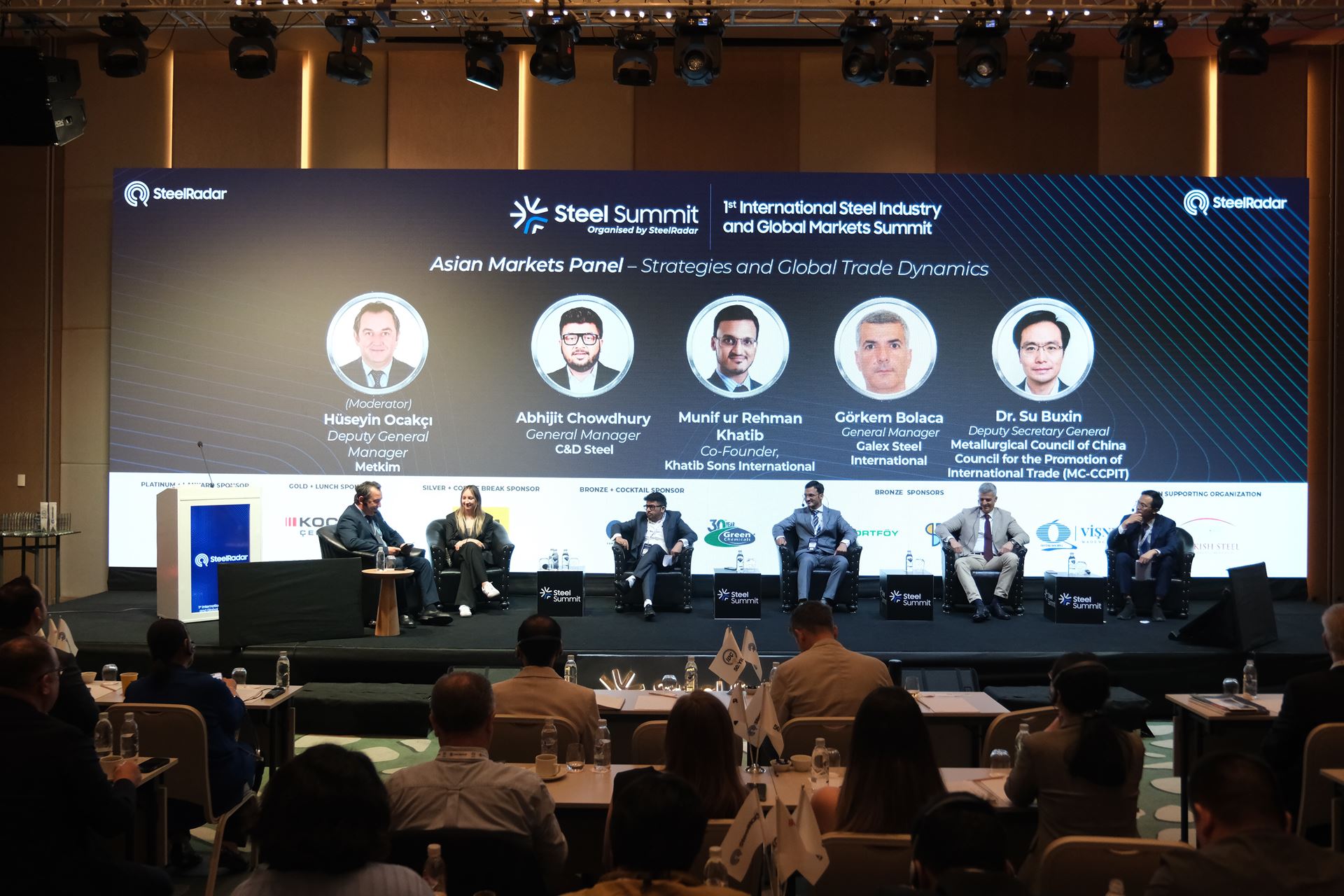

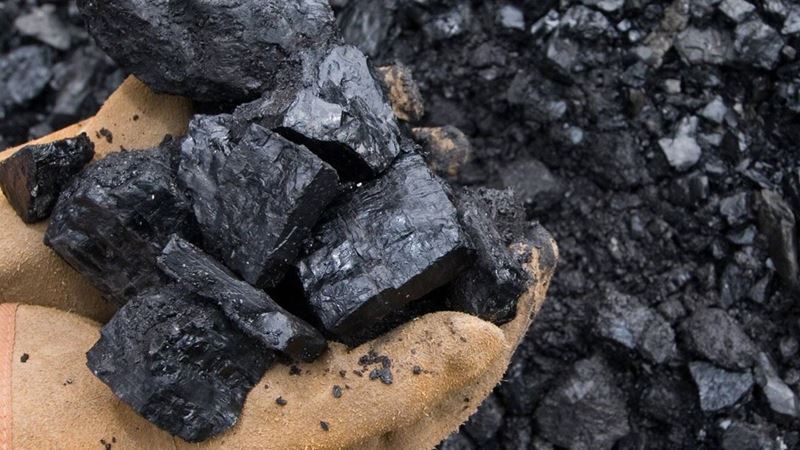

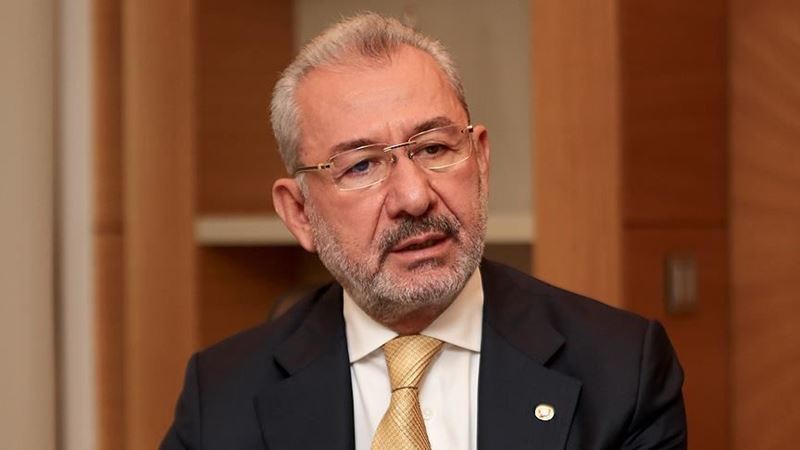
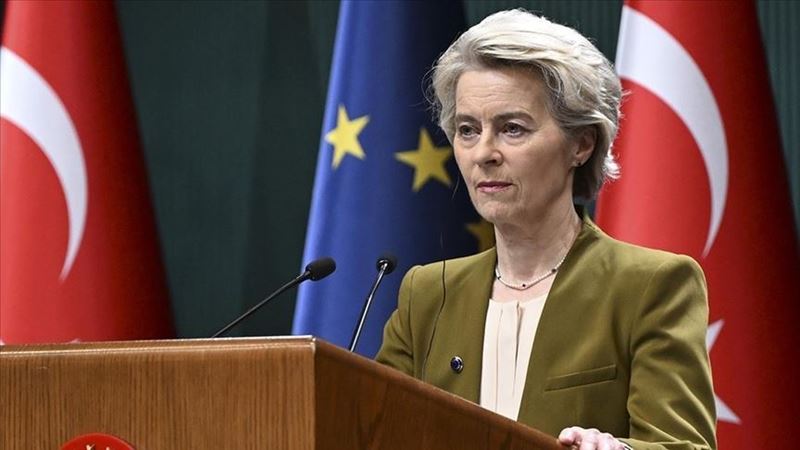
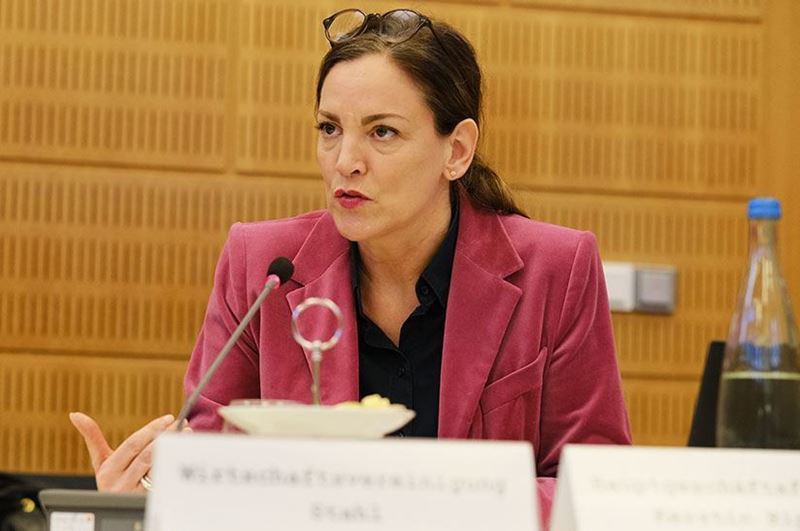


Comments
No comment yet.